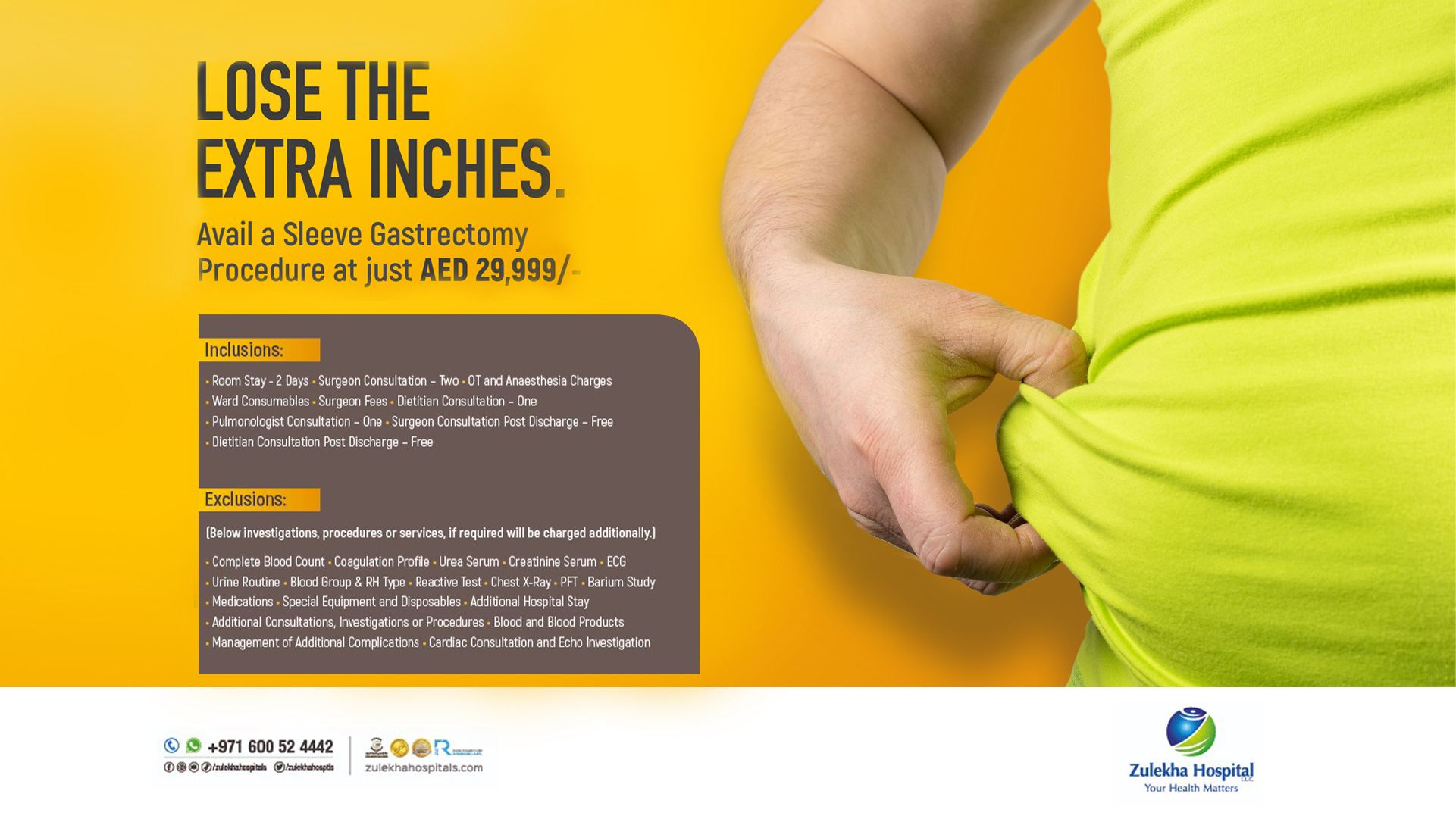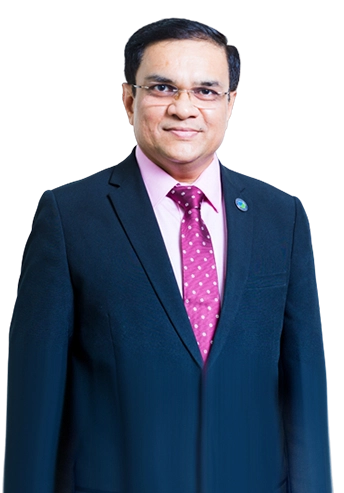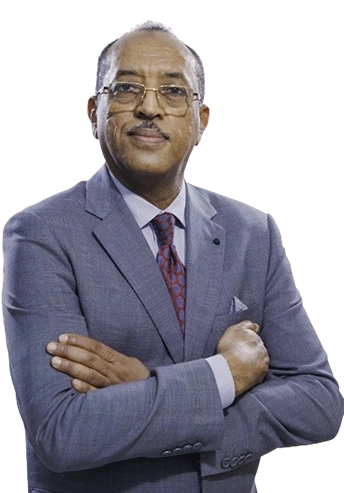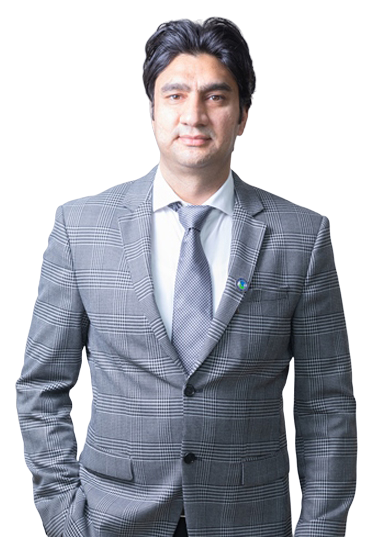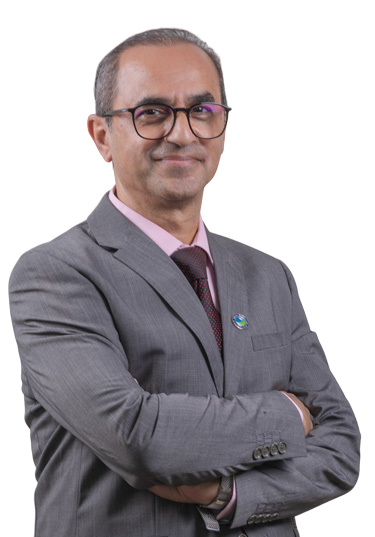Gastric Balloon Placement
Weight loss without Scalpel
Non-Surgical Weight loss
Bariatric Surgery is the best available option till date in fight against obesity and other weight related problem like Diabetes, Hypertension, Hypercholesterolemia, and Sleep apnea. But these surgery are minimal invasive, require anesthesia and patient needs to justify criteria according to BMI.
Non –Surgical weight loss procedure like Balloon are reversible temporary, which assist in weight loss and provide opportunity to people to change to healthy life style for sustained result.
Gastric Balloon placement is a procedure without surgery. Gastric balloons; either placed with endoscopy or swallowed like a pill; are indicated in patient who has failed attempt of weight loss with diet and exercise and are between 27.5- 32.5 BMI. Balloon occupy space in stomach and limits food intake. It gives a feeling of early satiety and assist in changing healthy life style at much ease.
Though the amount of weight loss after balloon placement vary person to person, depending upon how strictly one adhere to diet adjustment, follow up with dietician and adept to long term healthy life style which includes eating healthy food and doing mild to moderate exercise regularly. On an average one can expect 10-15% of weight loss, though it varies.
Revision Bariatric Surgery
Revision weight loss surgery is a surgical procedure that is performed on patients who have already undergone a form of bariatric surgery, and have either had complications from such surgery or have not successfully achieved significant weight loss results from the initial surgery.Procedures are usually performed laparoscopically, though open surgery may be required if prior bariatric surgery has resulted in extensive scarring.
Procedures
- An adjustable gastric band is an inflatable silicone prosthetic device that is placed around the top portion of the stomach. This procedure can be performed as a revision procedure for many patients who have had a previous stomach stapling, gastroplasty procedure, or Roux-en-Y gastric bypass surgery but have regained weight. The procedure is normally performed laparoscopically, though in a small minority of instances prior surgery may have resulted in extensive scarring,requiring open surgery.
- Roux-en-Y gastric bypass is a commonly chosen revision technique,particularly in patients who have not been successful in meeting their weight loss goals after stomach stapling, gastroplasty, vertical gastric banding, or laparoscopic-adjustable gastric banding. Often the prior procedure still lends itself to a revision to become a Roux-en-Y gastric bypass. It may be performed laparoscopically, and the average recovery time is approximately two weeks.The weight loss success rate after Roux-en-Y gastric bypass revision surgery is generally excellent. There are some associated risks of vitamin deficiency and stomach ulcerformation requiring prevention with multivitamins and proton pump inhibitors.
- Sleeve gastrectomy removes a large portion of the stomach, with the remaining portion reshaped to become tube-like or sleeve-shaped. This creates an increased sense of satiety and decreased hunger in patients, often leading to weight loss and improved health.The procedure is generally less invasive than many other weight loss surgeries and has a lower potential for complications than may be associated with gastric bypass surgery.
- Mini-gastric bypass can be performed on patients who have undergone either gastric band or sleeve gastrectomy in the past and have not lost significant weight or regained weight after initial weight loss. This procedure again can be performed laparoscopically. Weight loss is achieved by adding malabsorptive component to the already existing restrictive procedure.
